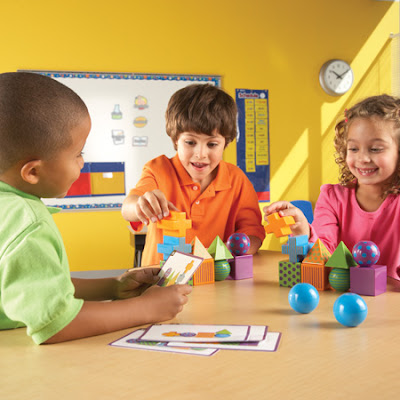Is
your child poor in English?
No
matter what you do, he or she is either just not willing to learn or is not
able to grasp the subject.
This
must be so frustrating for you!
Does
this mean that your child is dumb?
Definitely
not!
The
same children happen to know about every detail about their favourite sports or
their favourite TV show down to the last detail. So what is it that they find in
TV shows and sports that they find lacking in studies?
Most
of you have guessed the answer correctly. It is “INTEREST”. They don’t find the
process of learning English interesting enough.
Interestingly,
there is an interesting way of teaching your children English and that too, by
generating their interest! A word puzzle game for kids may just be
the solution you are looking for.
A word puzzle game for kids consists of
different types of puzzles which require children to form proper meaningful
words using jumbled letters and meaningful sentences using jumbled words. There are many such games available in the
market. As a parent, it is your responsibility to find out those puzzle games
that intend to develop your child’s vocabulary. Introduce your child to these
games and get involved with them.
A word puzzle game for kids not only
increases the vocabulary of the kids and helps them learn English, but also by
inducing them to think, develops their analytical skills as well.
Nowadays
children have become highly tech savvy as well. Put a mobile phone in their
hands and see how they remain glued to it. So, why not use it to their
advantage?
There
are many word puzzle games available for download on mobile phones. These
mobile puzzle games have highly interactive interfaces and engaging content
which help engage the children and help them learn English while they also have
fun. PunnyFuzzle is one such word puzzlegame for kids which helps your child learn English by solving puzzles.
By
introducing your children to these games, you ensure that playing and learning
English become synonymous. These puzzle games add the element of fun and
generate their interest in the learning process



